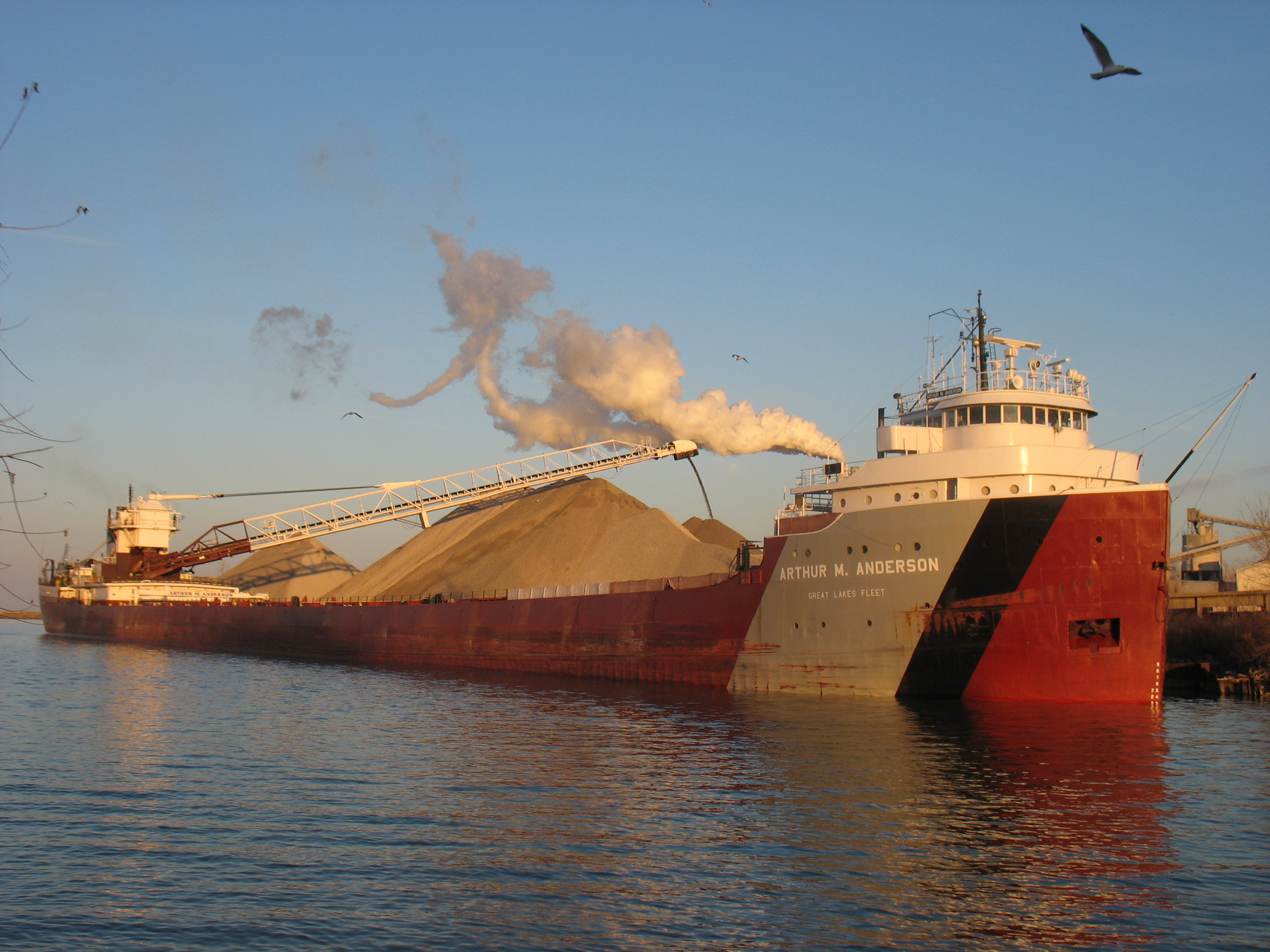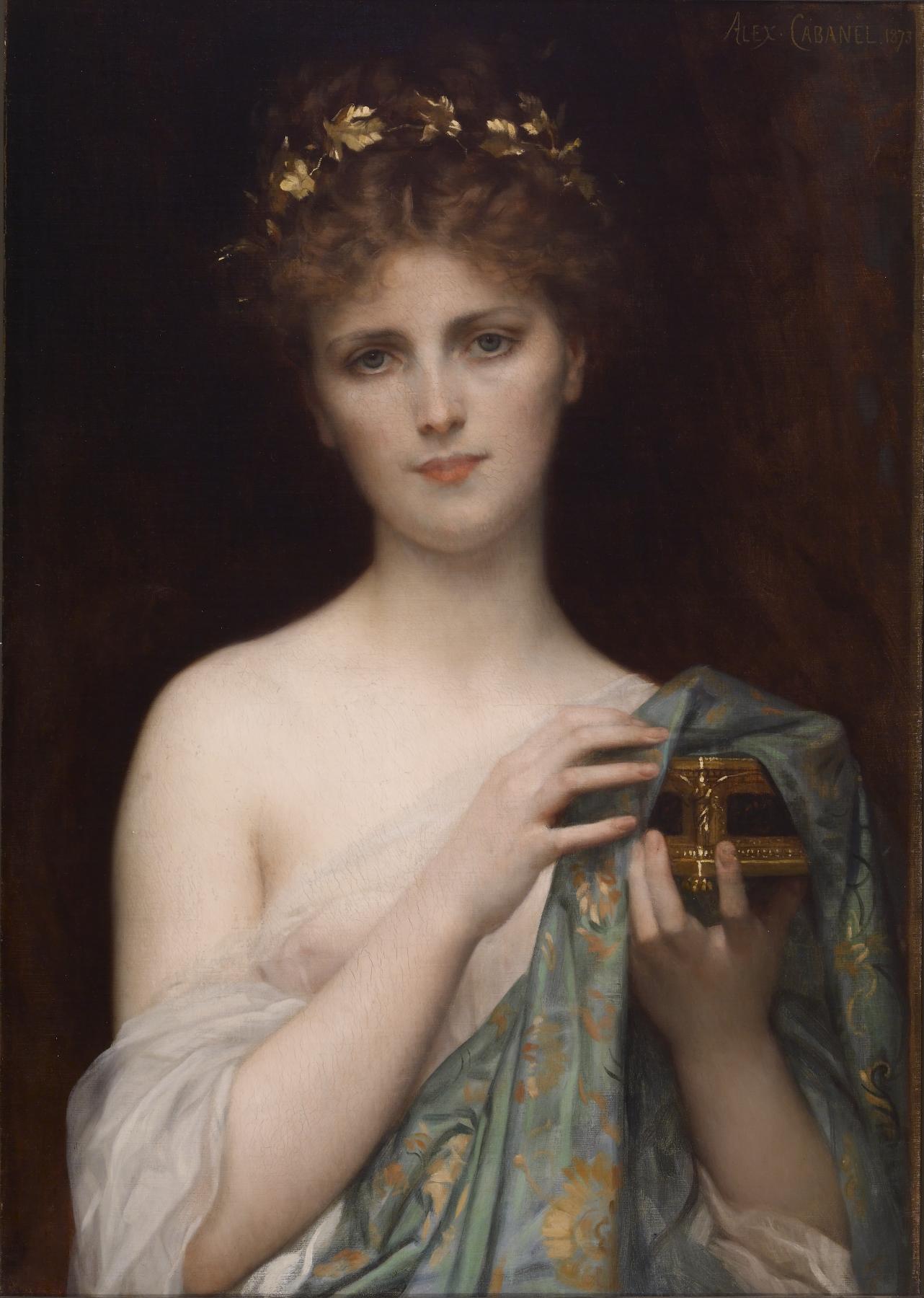|
Charles Magnus Lindgren
Charles Magnus Lindgren (November 28, 1819 - September 1, 1879) was a Swedish born, American shipping executive. He was a pioneer in the Lake freighter, Great Lakes shipping industry. Background Charles Magnus Lindgren was born near Dragsmark Abbey, Dragsmark in Uddevalla Municipality in the traditional Province of Bohuslän, in Västra Götaland County, Sweden. He went to sea at the age of 14. In 1849, he went to the California Gold Rush, California gold fields where he engaged in the freight traffic. Career In 1852, Lindgren entered into a railway project together with the Bishop Hill Colony and settled in 1854 in Henry County, Illinois, a few miles from Galva, Illinois, Galva. In 1856, Lindgren came to Chicago, bought a couple of freight vessels and contracted with a lumber company for shipping lumber from Michigan to Chicago. In 1860 he engaged in shipping. He gradually added vessel after vessel until in 1870 he owned half a dozen ships with a combined tonnage of 4,500. Severa ... [...More Info...] [...Related Items...] OR: [Wikipedia] [Google] [Baidu] |
Lake Freighter
Lake freighters, or lakers, are bulk carrier vessels that operate on the Great Lakes of North America. These vessels are traditionally called boats, although classified as ships. Since the late 19th century, lakers have carried bulk cargoes of materials such as limestone, iron ore, grain, coal, or salt from the mines and fields of the upper Great Lakes to the populous industrial areas farther east. The 63 commercial ports handled 173 million tons of cargo in 2006. Because of winter ice on the lakes, the navigation season is not usually year-round. The Soo Locks and Welland Canal close from mid-January to late March, when most boats are laid up for maintenance. Crew members spend these months ashore. Depending on their application, lakers may also be referred to by their types, such as ''oreboats'' or ''ironboats'' (primarily for iron ore), ''straight deckers'' (no self-unloading gear), ''bulkers'' (carry bulk cargo), ''sternenders'' (all cabins aft), ''self unloaders'' (with self- ... [...More Info...] [...Related Items...] OR: [Wikipedia] [Google] [Baidu] |
Christina Nilsson
Christina Nilsson, Countess de Casa Miranda, also called Christine Nilsson (20 August 1843 – 22 November 1921) was a Swedish dramatic coloratura soprano. Possessed of a pure and brilliant voice of first three then two and a half octaves trained in the bel canto technique, and noted for her graceful appearance and stage presence, she enjoyed a twenty-year career as a top-rank international singer before her 1888 retirement. A contemporary of one of the Victorian era's most famous divas, Adelina Patti, the two were often compared by reviewers and audiences, and were sometimes believed to be rivals. Nilsson became a member of the Royal Swedish Academy of Music in 1869. Biography Christina Nilsson was born Christina Jonasdotter in a forester's hut at Sjöabol (or Snugge) farm near Växjö, Småland, the youngest of seven children of the peasants Jonas Nilsson (1798 - 1871) and Stina Cajsa Månsdotter (1804 - 1870). As a young child she received a rudimentary education, attend ... [...More Info...] [...Related Items...] OR: [Wikipedia] [Google] [Baidu] |
Swedish Emigrants To The United States
Swedish or ' may refer to: Anything from or related to Sweden, a country in Northern Europe. Or, specifically: * Swedish language, a North Germanic language spoken primarily in Sweden and Finland ** Swedish alphabet, the official alphabet used by the Swedish language * Swedish people or Swedes, persons with a Swedish ancestral or ethnic identity ** A national or citizen of Sweden, see demographics of Sweden The demography of Sweden is monitored by the ''Statistiska centralbyrån'' (Statistics Sweden). Sweden's population was 10,481,937 (May 2022), making it the 15th-most populous country in Europe after Czech Republic, the 10th-most populous m ... ** Culture of Sweden * Swedish cuisine See also * * Swedish Church (other) * Swedish Institute (other) * Swedish invasion (other) * Swedish Open (other) {{disambig Language and nationality disambiguation pages ... [...More Info...] [...Related Items...] OR: [Wikipedia] [Google] [Baidu] |
Businesspeople From Chicago
A businessperson, businessman, or businesswoman is an individual who has founded, owns, or holds shares in (including as an angel investor) a private-sector company. A businessperson undertakes activities (commercial or industrial) for the purpose of generating cash flow, sales, and revenue by using a combination of human, financial, intellectual, and physical capital with a view to fueling economic development and growth. History Prehistoric period: Traders Since a "businessman" can mean anyone in industry or commerce, businesspeople have existed as long as industry and commerce have existed. "Commerce" can simply mean "trade", and trade has existed through all of recorded history. The first businesspeople in human history were traders or merchants. Medieval period: Rise of the merchant class Merchants emerged as a "class" in medieval Italy (compare, for example, the Vaishya, the traditional merchant caste in Indian society). Between 1300 and 1500, modern account ... [...More Info...] [...Related Items...] OR: [Wikipedia] [Google] [Baidu] |
Businesspeople From Evanston, Illinois
A businessperson, businessman, or businesswoman is an individual who has founded, owns, or holds shares in (including as an angel investor) a private-sector company. A businessperson undertakes activities (commercial or industrial) for the purpose of generating cash flow, sales, and revenue by using a combination of human, financial, intellectual, and physical capital with a view to fueling economic development and growth. History Prehistoric period: Traders Since a "businessman" can mean anyone in industry or commerce, businesspeople have existed as long as industry and commerce have existed. "Commerce" can simply mean "trade", and trade has existed through all of recorded history. The first businesspeople in human history were traders or merchants. Medieval period: Rise of the merchant class Merchants emerged as a "class" in medieval Italy (compare, for example, the Vaishya, the traditional merchant caste in Indian society). Between 1300 and 1500, modern accounti ... [...More Info...] [...Related Items...] OR: [Wikipedia] [Google] [Baidu] |
People From Uddevalla Municipality
A person ( : people) is a being that has certain capacities or attributes such as reason, morality, consciousness or self-consciousness, and being a part of a culturally established form of social relations such as kinship, ownership of property, or legal responsibility. The defining features of personhood and, consequently, what makes a person count as a person, differ widely among cultures and contexts. In addition to the question of personhood, of what makes a being count as a person to begin with, there are further questions about personal identity and self: both about what makes any particular person that particular person instead of another, and about what makes a person at one time the same person as they were or will be at another time despite any intervening changes. The plural form " people" is often used to refer to an entire nation or ethnic group (as in "a people"), and this was the original meaning of the word; it subsequently acquired its use as a plural f ... [...More Info...] [...Related Items...] OR: [Wikipedia] [Google] [Baidu] |
1879 Deaths
Events January–March * January 1 – The Specie Resumption Act takes effect. The United States Note is valued the same as gold, for the first time since the American Civil War. * January 11 – The Anglo-Zulu War begins. * January 22 – Anglo-Zulu War – Battle of Isandlwana: A force of 1,200 British soldiers is wiped out by over 20,000 Zulu warriors. * January 23 – Anglo-Zulu War – Battle of Rorke's Drift: Following the previous day's defeat, a smaller British force of 140 successfully repels an attack by 4,000 Zulus. * February 3 – Mosley Street in Newcastle upon Tyne (England) becomes the world's first public highway to be lit by the electric incandescent light bulb invented by Joseph Swan. * February 8 – At a meeting of the Royal Canadian Institute, engineer and inventor Sandford Fleming first proposes the global adoption of standard time. * March 3 – United States Geological Survey is founded. * March 11 – ... [...More Info...] [...Related Items...] OR: [Wikipedia] [Google] [Baidu] |
1819 Births
Events January–March * January 2 – The Panic of 1819, the first major peacetime financial crisis in the United States, begins. * January 25 – Thomas Jefferson founds the University of Virginia. * January 29 – Sir Stamford Raffles lands on the island of Singapore. * February 2 – '' Dartmouth College v. Woodward'': The Supreme Court of the United States under John Marshall rules in favor of Dartmouth College, allowing Dartmouth to keep its charter and remain a private institution. * February 6 – A formal treaty, between Hussein Shah of Johor and the British Sir Stamford Raffles, establishes a trading settlement in Singapore. * February 15 – The United States House of Representatives agrees to the Tallmadge Amendment, barring slaves from the new state of Missouri (the opening vote in a controversy that leads to the Missouri Compromise). * February 19 – Captain William Smith of British merchant brig ''Williams'' sigh ... [...More Info...] [...Related Items...] OR: [Wikipedia] [Google] [Baidu] |
Haugan & Lindgren
Haugan & Lindgren was a bank headquartered in Chicago, Illinois. The bank operated from December 8, 1879, until February 10, 1891, from quarters at No. 57 and No. 59 La Salle Street. The bank was a partnership of Helge Alexander Haugan, H. G. Haugan and John R. Lindgren. Haugan & Lindgren was a predecessor of the State Bank of Chicago State Bank of Chicago was an American banking firm which conducted business under a state of Illinois charter issued on February 10, 1891. State Bank of Chicago operated from offices in the Chamber of Commerce Building located at the southeast corne .... References Other resources *Henschen, Henry S. ''A History of The State Bank Of Chicago From 1879 To 1904'' (Kessinger Publishing, LLC. Chicago. pages 15� ...[...More Info...] [...Related Items...] OR: [Wikipedia] [Google] [Baidu] |
John R
John R. (born John Richbourg, August 20, 1910 - February 15, 1986) was an American radio disc jockey who attained fame in the 1950s and 1960s for playing rhythm and blues music on Nashville radio station WLAC. He was also a notable record producer and artist manager. Richbourg was arguably the most popular and charismatic of the four announcers at WLAC who showcased popular African-American music in nightly programs from the late 1940s to the early 1970s. (The other three were Gene Nobles, Herman Grizzard, and Bill "Hoss" Allen.) Later rock music disc jockeys, such as Alan Freed and Wolfman Jack, mimicked Richbourg's practice of using speech that simulated African-American street language of the mid-twentieth century. Richbourg's highly stylized approach to on-air presentation of both music and advertising earned him popularity, but it also created identity confusion. Because Richbourg and fellow disc jockey Allen used African-American speech patterns, many listeners thought that ... [...More Info...] [...Related Items...] OR: [Wikipedia] [Google] [Baidu] |
Methodist Church
Methodism, also called the Methodist movement, is a group of historically related Christian denomination, denominations of Protestantism, Protestant Christianity whose origins, doctrine and practice derive from the life and teachings of John Wesley. George Whitefield and John's brother Charles Wesley were also significant early leaders in the movement. They were named ''Methodists'' for "the methodical way in which they carried out their Christian faith". Methodism originated as a Christian revival, revival movement within the 18th-century Church of England and became a separate denomination after Wesley's death. The movement spread throughout the British Empire, the United States, and beyond because of vigorous Christian mission, missionary work, today claiming approximately 80 million adherents worldwide. Wesleyan theology, which is upheld by the Methodist churches, focuses on sanctification and the transforming effect of faith on the character of a Christians, Christian ... [...More Info...] [...Related Items...] OR: [Wikipedia] [Google] [Baidu] |


_1938.jpg)


.jpg)